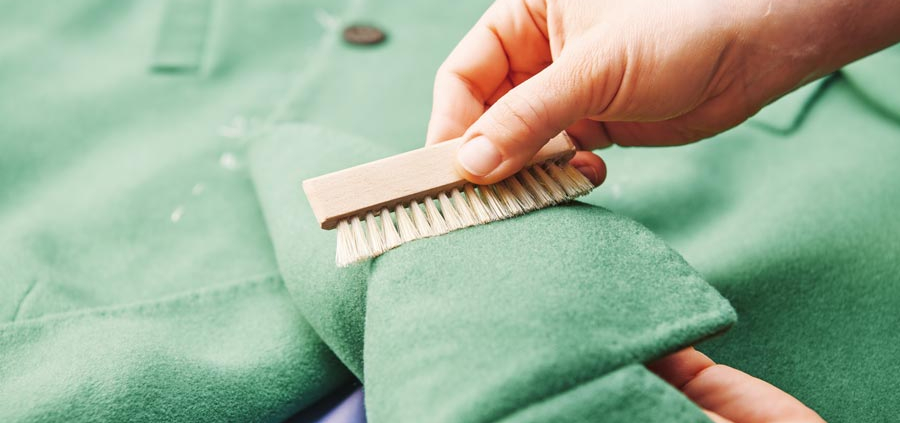Measuring Quality in Fashion Manufacturing
What makes a fashion brand successful? Being unique, memorable and providing a sense of connection to your customers are all key, but the foundation of long-term brand loyalty is quality. That’s why it’s important to have robust quality control systems in place when your garments return from the manufacturer.
What is QC Inspection and How does it Differ from QA?
Quality Control (QC) refers to checking product quality after manufacturing, such as checking for loose stitching or that all the buttons are correct. Quality Assurance is systematically preventing problems earlier in the process, for example by ensuring machines are calibrated properly before production begins.
Manufacturers perform both QA and QC inspections, but retailers should plan and implement further QC processes beyond the manufacturing centre.
Core QC Processes & Stages
In fashion manufacturing, there are several stages of quality checks.
Pre-Production checks include testing the fabric to ensure it is correct to the design specification and checking that any fixings such as buttons or zips are to the specified quality. Sewing machines, needles and threads are all checked to ensure proper calibration and stitching types. These checks are often considered quality assurance rather than quality control, but they are worth mentioning here.
In-line checks occur during production. These are spot checks on one of many partially finished garments to check stitching quality and that the seams are straight.
Final inspections at the end of the production line happen before packing and shipping. These are often spot checks, rather than full inspections.
While final inspections are the last checks by the manufacturers, retailers often employ further post-shipping QC inspections. These spot checks look for damage or deterioration during shipping, particularly when the shipment is overseas. They also check the quality of the product to ensure the manufacturers are working to the specification.
If a post-shipping inspection finds issues, retailers must inspect the whole batch. This is time-consuming and requires a lot of labour, which may not be possible in-house. Because of these limits, many fashion retailers use a 100% QC Inspection Service to check the entire product line against their specifications. These inspections come with a full report.
Key Elements Checked in Garment QC
When we receive a shipment of garments for quality control, it is recorded in our tracking system and the inspection is scheduled. When it is ready for inspection, we review all details on the manifest and then pass the items through a series of checks to determine whether each garment is up to specification standards.
Elements of our inspections include:
- Order Quantity: Is the correct number of items of each size in the shipment?
- Labelling: Is each garment labelled correctly, with size, materials and care instructions?
- Workmanship: We check that stitching is tight, even and accurate, that seams are sound and that the garments are made to the correct measurements.
- Packaging & Presentation: including hangers, polybags and barcoded tags.
Benefits of Robust QC Inspection
Implementing a strong quality control process can support business goals and improve KPIs for fashion retailers.
QC ensures the products are of the quality expected by your customers, reducing your return rates. This can save costs on reverse logistics and returns management. Satisfied customers are more likely to become repeat customers, building brand loyalty.
Robust QC also helps fashion companies meet standards for retail and export, as it will catch any defects that are non-compliant.
QC Reporting
Our detailed QC report includes an item-by-item fault analysis with accompanying images. We label substandard items for recycling by the retailer, and can provide a full AQL report as needed.
Choose a Reliable QC Partner
Working with a reputable quality control company supports fashion businesses with providing garments at a consistent standard. Choose a provider that is an expert in fashion retail inspections and provides additional services that can add value to your partnership. For example, where shipping conditions result in mould or odour, we offer ozone cleaning services to restore products to their original quality.





